Tigray, a region in Ethiopia, has faced significant challenges due to years of conflict, displacement, and political instability. Following the nullification of the 2020 election and the outbreak of war, the region has been in flux, grappling with the complexities of transitional governance.
Recognizing the Governance Gap
Yesterday, the Tigray Interim cabinet approved a draft for the establishment of the Tigray Advisory Council.
Without a functioning regional council, the interim administration, led by Getachew Reda, recognized the imperative of creating a platform for diverse voices to contribute to the region’s reconstruction and development efforts.
Objectives of the Advisory Council
The Tigray Advisory Council is envisaged as a forum where representatives from various quarters of Tigray society can come together to deliberate on crucial issues affecting the region. By incorporating perspectives from different ethnic groups, communities, and stakeholders, the council seeks to foster consensus-building and collaboration in policymaking and governance.
Promoting Inclusivity and Representation
One of the advisory council’s primary objectives is to ensure that marginalized communities’ voices are heard and their interests represented in decision-making processes. This inclusivity is vital for fostering social cohesion, addressing grievances, and promoting reconciliation in a region deeply divided by conflict.
Challenges and Questions
Establishing the advisory council also raises several questions and challenges, including clarifying its mandate and authority about the interim administration, determining its composition and selection process for members, and defining its relationship with external actors such as the federal government and international stakeholders.
It would be interesting to see how TPLF, the main political party in Tigray, responds to this move by the Tigray Interim cabinet to establish the advisory council. Some TPLF supporters have been accusing Tigray Interim President Getachew Reda of working to sideline the TPLF.
Navigating Role and Responsibility
It is essential to balance inclusivity and efficiency, ensuring that the council represents a broad spectrum of Tigray society while maintaining its ability to make timely and informed decisions. Moreover, clear delineation of roles and responsibilities, inclusive representation, and robust mechanisms for accountability and transparency will be critical to the council’s success.
Path Towards Recovery
In conclusion, establishing the Tigray Advisory Council promises to promote stability, inclusivity, and participatory governance in the region. Moreover, as Tigray embarks on a path toward recovery and reconciliation, the advisory council could serve as a beacon of hope for a brighter future for its people.
More Stories
Oromia: Clashes Between OLA & Ethiopian Military Lead to the Closure of a Key Road


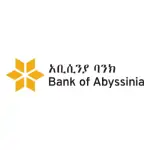
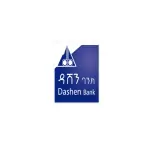



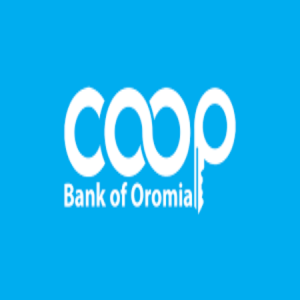
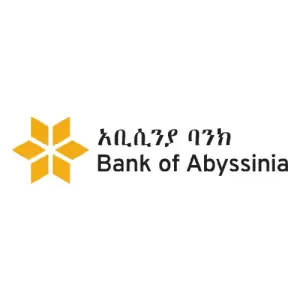
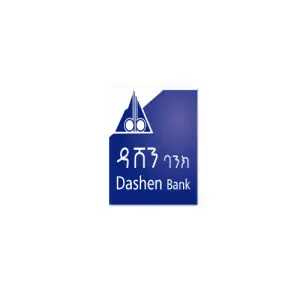
More Stories
Drivers Demand Action Amid Fuel Shortages in Ethiopia
New Fuel Price in Ethiopia
Ethiopian Airlines Opens 20,000 Job Positions Across Ethiopia